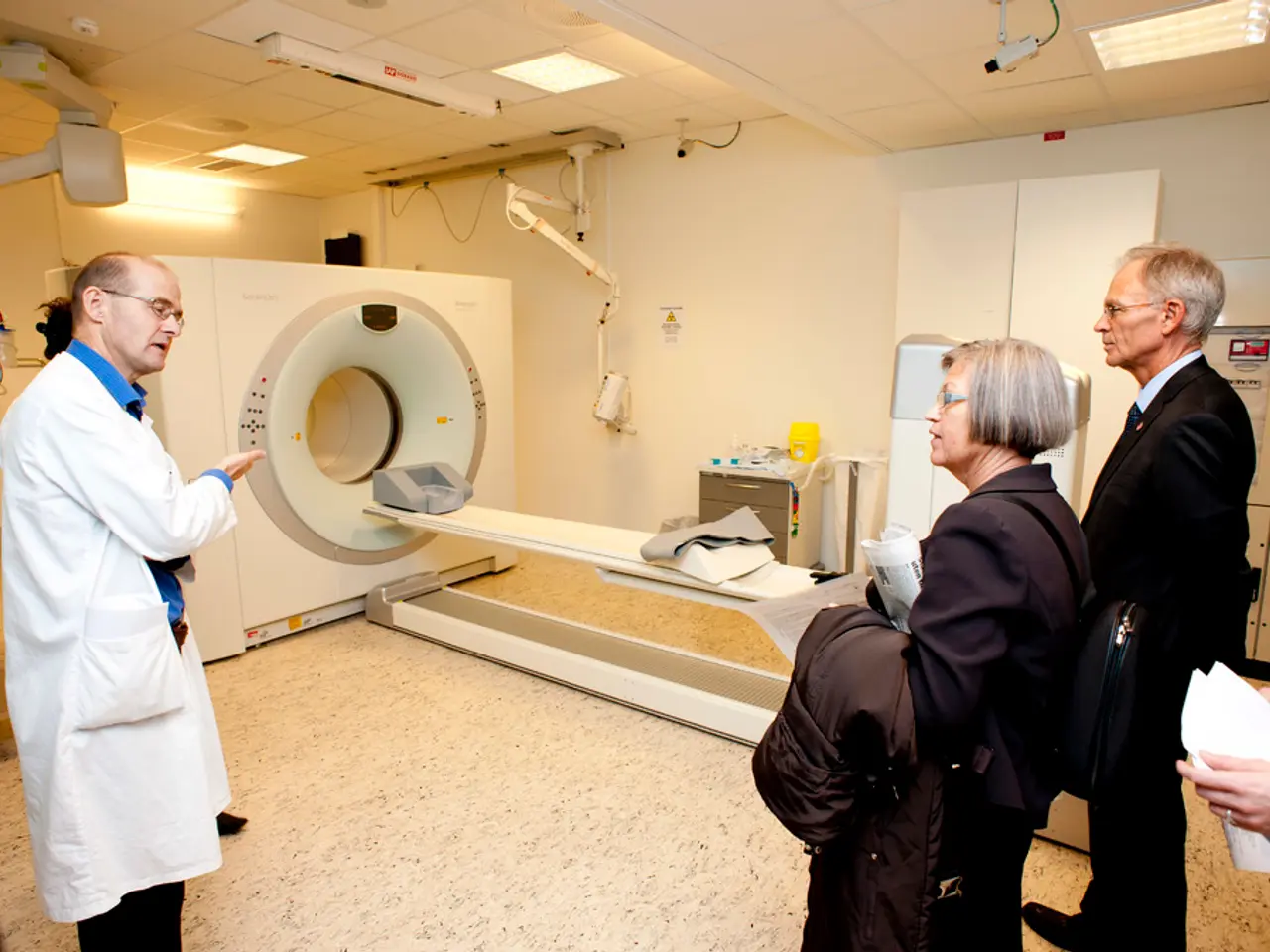Guiding Tomorrow's Medical Professionals: ER Insights for Aspiring Young Physicians
In the fast-paced world of emergency medicine, Dr. Chris Endfinger MD, a seasoned physician with nearly three decades of experience in Alabama's emergency departments, emphasizes the importance of being present, even during brief interactions.
"Presence is crucial," Dr. Endfinger asserts. "Put down your distractions, like phones, and focus on the patient's story. This simple act can improve diagnoses, reduce errors, and enhance patient satisfaction."
Embracing a lifelong learning mindset is another essential lesson for young doctors. Emergency medicine is a field that constantly evolves, with new medications, technologies, and practices emerging regularly. Dr. Endfinger encourages his colleagues to stay curious, reflect on each shift as a learning opportunity, seek feedback, and commit to continuous improvement.
Mentorship is a vital aspect of navigating the challenges of emergency medicine. Dr. Endfinger, who has served as an ER director and has helped train countless medical students and residents, emphasizes the importance of finding experienced mentors to consult with and debrief after difficult cases. This support network helps young doctors not only survive but thrive in the demanding environment of the ER.
Dr. Endfinger also warns against overconfidence that lacks humility. "Confidence is essential, but it should be balanced with humility," he says. "Remember that for many patients, a trip to the ER is one of the worst days of their life. Small gestures of humanity, such as a calm voice, a patient explanation, or extra attention, can go a long way."
Presence, ongoing education, and support networks are the cornerstones of success in the ER, according to Dr. Endfinger. "Missing a diagnosis, ordering the wrong test, or simply being unsure is part of the learning process in the ER," he admits. "What matters most isn't perfection—it's the willingness to learn from mistakes and ask for help when needed."
[1] These lessons center on maintaining deep presence, ongoing education, and support networks to succeed amid the chaos of the ER.
[2] In the realm of healthcare, these principles are not exclusive to emergency medicine; they can be applied to healthcare management and workplace-wellness programs.
[3] Furthermore, the importance of presence extends beyond patient care to mental-health awareness, fostering a healthier and more hospitable workplace environment.
[4] Technology plays a pivotal role in modern healthcare, allowing for more accurate diagnoses, efficient hospital management, and an overall enhancement in education-and-self-development for healthcare professionals.
[5] The concept of health-and-wellness encompasses more than just physical health; it includes an individual's mental and emotional well-being, demanding a continuous focus on learning and improvement.
[6] Education is a lifelong journey that transcends the boundaries of our professional lives, reaching into science, technology, and other fields to provide us with the tools we need to deliver the best possible care for our patients.




